OUR COMMITTEES
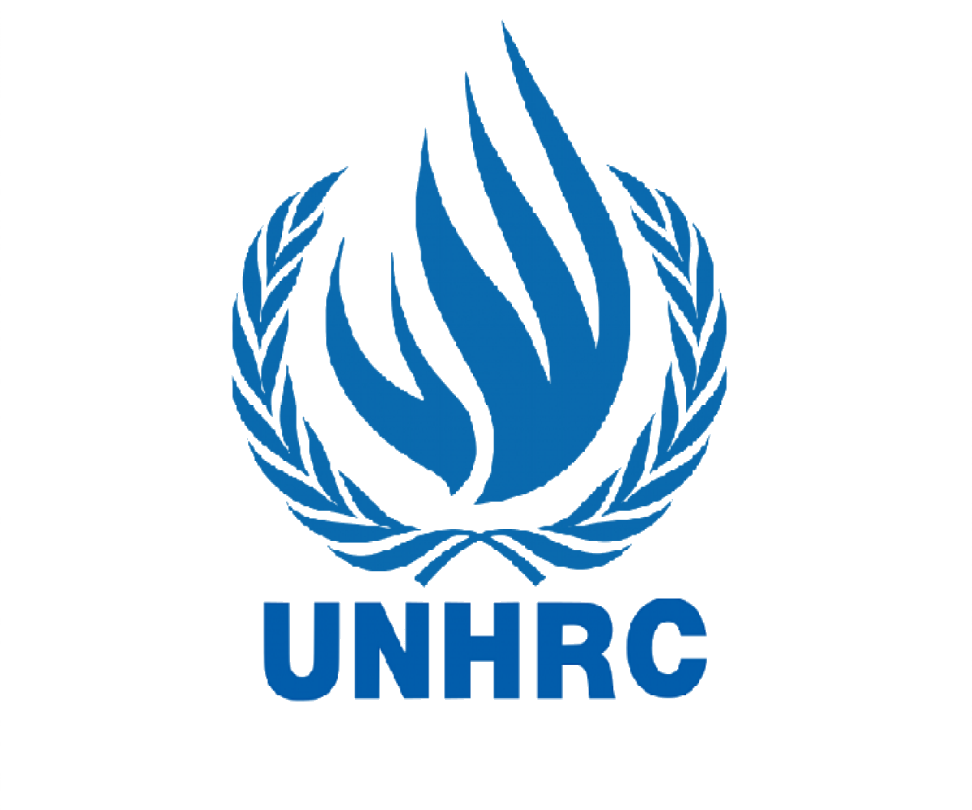
United Nation Human Right Council
Agenda: Rights of racial and ethnic minorities, emphasizing on George Floyd event
The Human Rights Council is an inter-governmental body within the United Nations system responsible for strengthening the promotion and protection of human rights around the globe and for addressing situations of human rights violations and make recommendations on them. World History diversifies at every step of human evolution. Events can not fabricated when the world is witness for a mishappening, and one such event is quite renowned is the George Floyd event.
“Say his name” and “I can’t breathe.” Words that became a American national chorus in the months following the death of George Floyd, a Black man killed while being taken into police custody in Minneapolis and that brings us to our agenda – Rights of racial and ethnic minorities, with special emphasis on George Floyd event. The Committee shall debate and discuss as to how instrumental differences probe a threat to humanity and how such mis-happenings can be avoided in the rest part of world history and towards the end, its most important for us to realize:
“It is not our differences that divide us. It is our inability to recognize, accept, and celebrate those differences.” – Audre Lorde
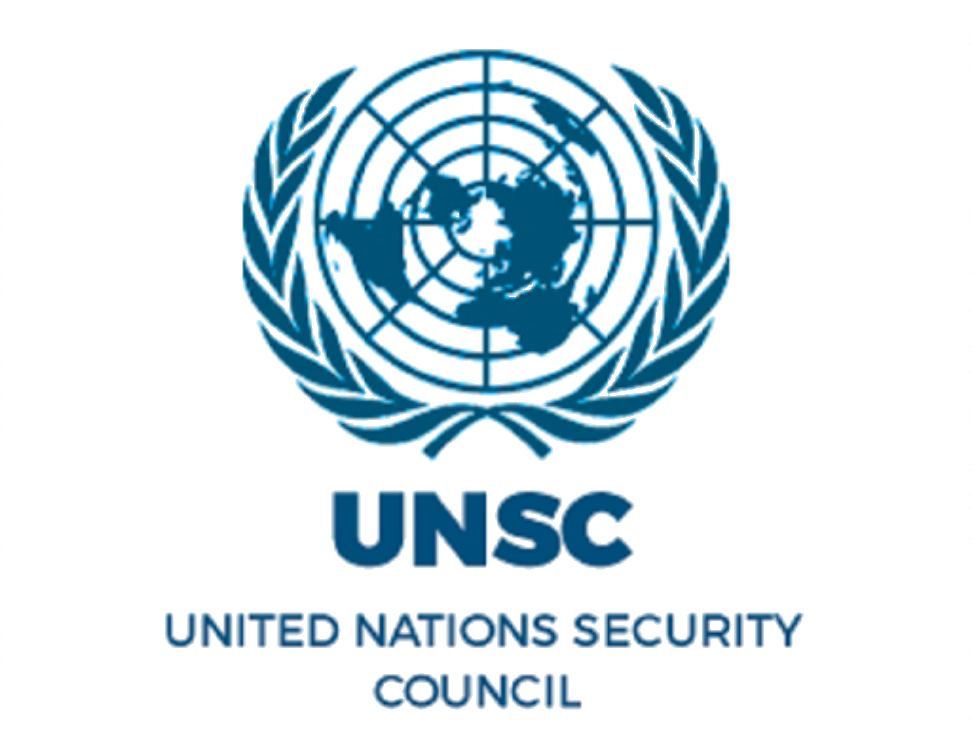
United Nation Security Council
Agenda: Syrian Civil War
Freeze: 22nd September 2014
"War doesn’t determine who is right-only who is left”
In the Charter of the United Nations, established in 1945, the Security Council was created in order to maintain “international peace and security.” The United Nations Security Council also has the role to develop friendly relationships between countries, to cooperate in solving international problems, to promote respect for human rights, and to coordinate actions undertaken by nations. At AJMUN 2022 UNSC is a Semi Crisis committee, which means that multiple crises will arise depending on the course of the conference. The agenda highlights the Syrian civil war. Syria’s conflict started in 2011. The high rates of unemployment, widespread corruption, and lack of political freedom infuriated many people. Peaceful demonstrations began in March, spurred on by the “Arab spring” uprisings in Tunisia and Egypt. However, the government quickly opposed the nonviolent protests. Protests broke out all over the country when the government used lethal force to quell the dissent. Rapidly rising acts of violence eventually gave way to a brutal war.
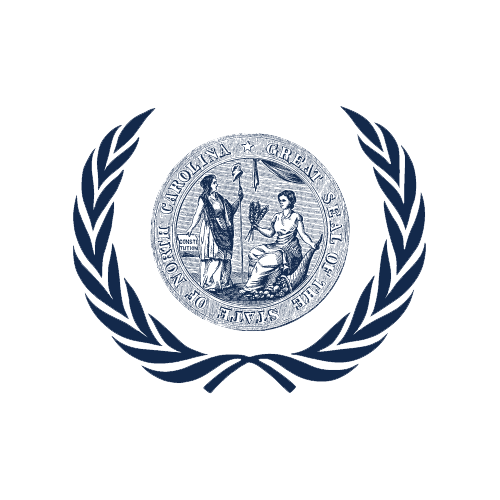
Historic Continuous Crisis Committee
Agenda: Pacific Theatre of Operations World War II Freeze - Attack on Perl Harbour, 7 December 1941
The Historical Crisis Committee organ of AJMUN offers the most intimate and crisis-oriented committee, promising thrilling simulations, refreshing diversity, and tight-knit environment. Composed of a small number of delegates, HCCC emulate the fast-paced and unpredictable challenges allowing delegates to work closely with a group of passionate peers to tackle the crisis issues. This edition of HCCC committee at AJMUN 2022, features – Pacific Theatre Operation.
The Pacific Theatre is a series of battles that took place during World War II. Before the start of the war in the Pacific, Japan attacked Pearl Harbour, the American military base located on the island of Oahu, Hawaii. After the surprise attack, the United States declared war on Japan and joined World War II. When Japan attacked Pearl Harbour, it forced the United States to join World War II. On December 8th, 1941, just one day after the attack, the United States officially declared war on Japan. This was the beginning of World War II in the Pacific Theatre. Together with Allied nations like Great Britain and Australia, the United States started to fight the Imperial Japanese forces on many islands in the Pacific. As HCCC at AJMUN is fully functional crisis committee, delegates will be given several chances to fabricate the history and the fun-filled crisis updates follow.
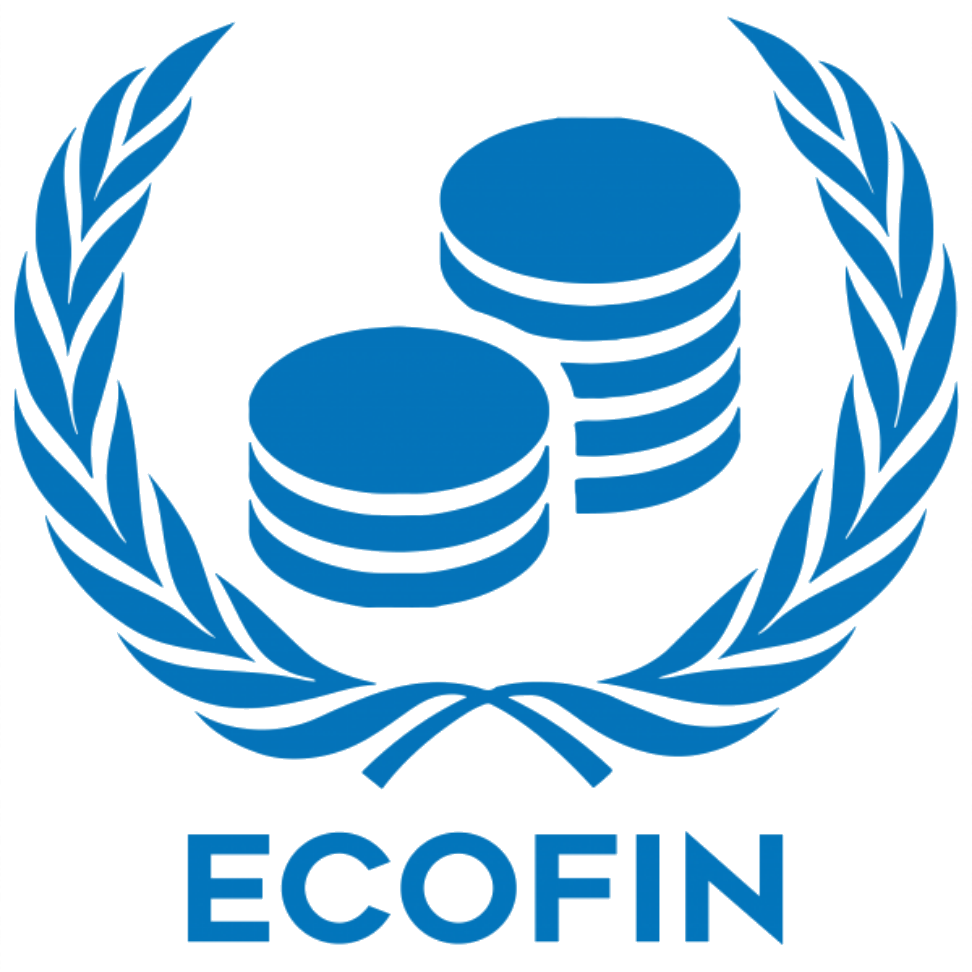
The Economic and Financial Affairs Council
Agenda: Market (De) regulation to overcome the challenges of digital economy.
The Economic and Financial Committee is the second of the six Main Committees of the United Nations General Assembly. ECOFIN mainly deals with global financial and economic matters and economic growth and development. Its mandate includes policy domains such as macroeconomic policy and globalisation, but it also discusses the eradication of poverty through economic reform and how economic development can be achieved in a sustainable way. In its current session, it focusses on the financing of economic development worldwide, the question of human settlements, and the development of agricultural capacity in ensuring nutrition and food security. Our Current agenda under consideration is Market (De) regulation to overcome the challenges of digital economy.
The ‘digital economy’ is broadly defined as the economic activity that results from online connections. It is estimated to be worth between 4.5–15% of the World GDP, making it a large part of our economic landscape. It is largely driven by the ability to collect, use, and analyse massive amounts of data. Businesses around the world, such as Facebook, Amazon, and Uber use ‘data-driven business models’ that monetise data to generate revenue and allow economic interactions to take place online. While the digitisation of the economy has positive impact on how accessible markets have become, it presents a set of unique challenges to our world.
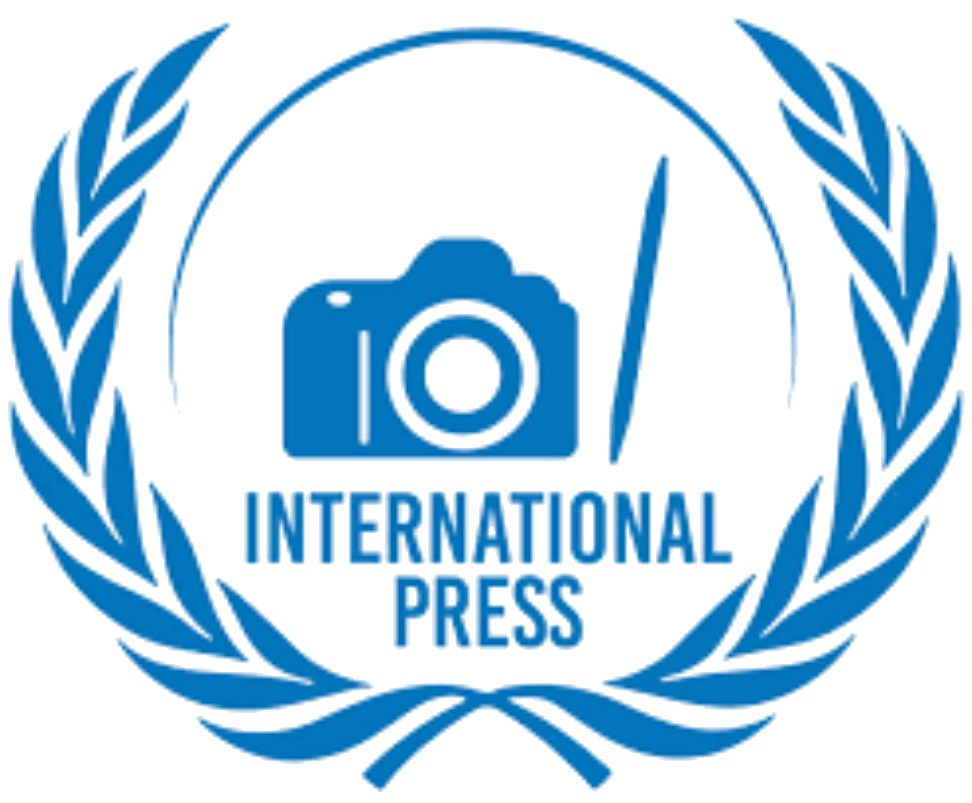
International Press Committee
Agenda- Discussing Controversial Democracies in the world
The IPC is a very unique committee that stands out at every conference for its unique procedure and purpose. Unlike conventional committees, it plays more of a passive role in the conference itself and is pivotal around report writing as journalists representing a certain media agency. IPC is an agenda centric committee, throughout the course of the committee Controversial democracy of the world would be widely debated and discussed. The IPC will convene for a conventional formal session to discuss a present agenda, but it will also involve moving into other committees and taking notes and reporting the events discussed. Apart from the exhilarating writing involving very stringent deadlines, simulating the work of a real life journalist, the mandate of this committee also allows reporters to take interviews of delegates in other committees and quote them in both factual and compromising propaganda reports.
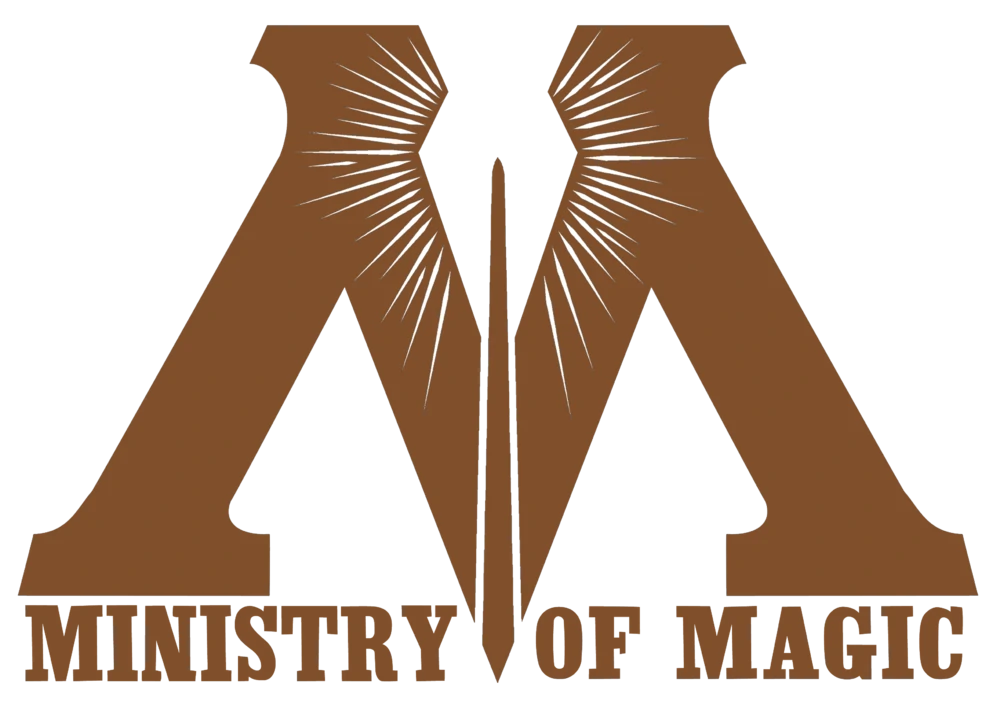
Ministry of Magic (MOM)
Agenda: - The future of Wizarding world - Anarchy or Ministry?
“Happiness can be found even in the darkest of times, when one only remembers to turn on the light.”
-Albus Percival Wulfric Brian Dumbledore
The Battle of Hogwarts is over. Lives have been lost and the people’s wills and hopes are on the verge of shattering. Everyone is blaming the people in the Ministry of Magic and the government itself for not taking action sooner and not listening to Harry Potter and Dumbledore, whenever they said the Dark Lord was coming. The control of the Dark Lord over the Ministry in the past questions its credibility now. The citizens of the wizarding world are gradually losing trust in the government which may lead to civil war. At the same time, people are questioning Harry Potter’s true allegiance considering the fact that he was a Horcrux of the Dark Lord himself. While his friends stand by him, certain people are wary and question his legitimacy, and refuse to answer him. With the entire wizarding world at stake, the Ministry of Magic has decided to come together to solve this dire situation.
The lives of all the citizens of the wizarding world are in your hands delegates.
